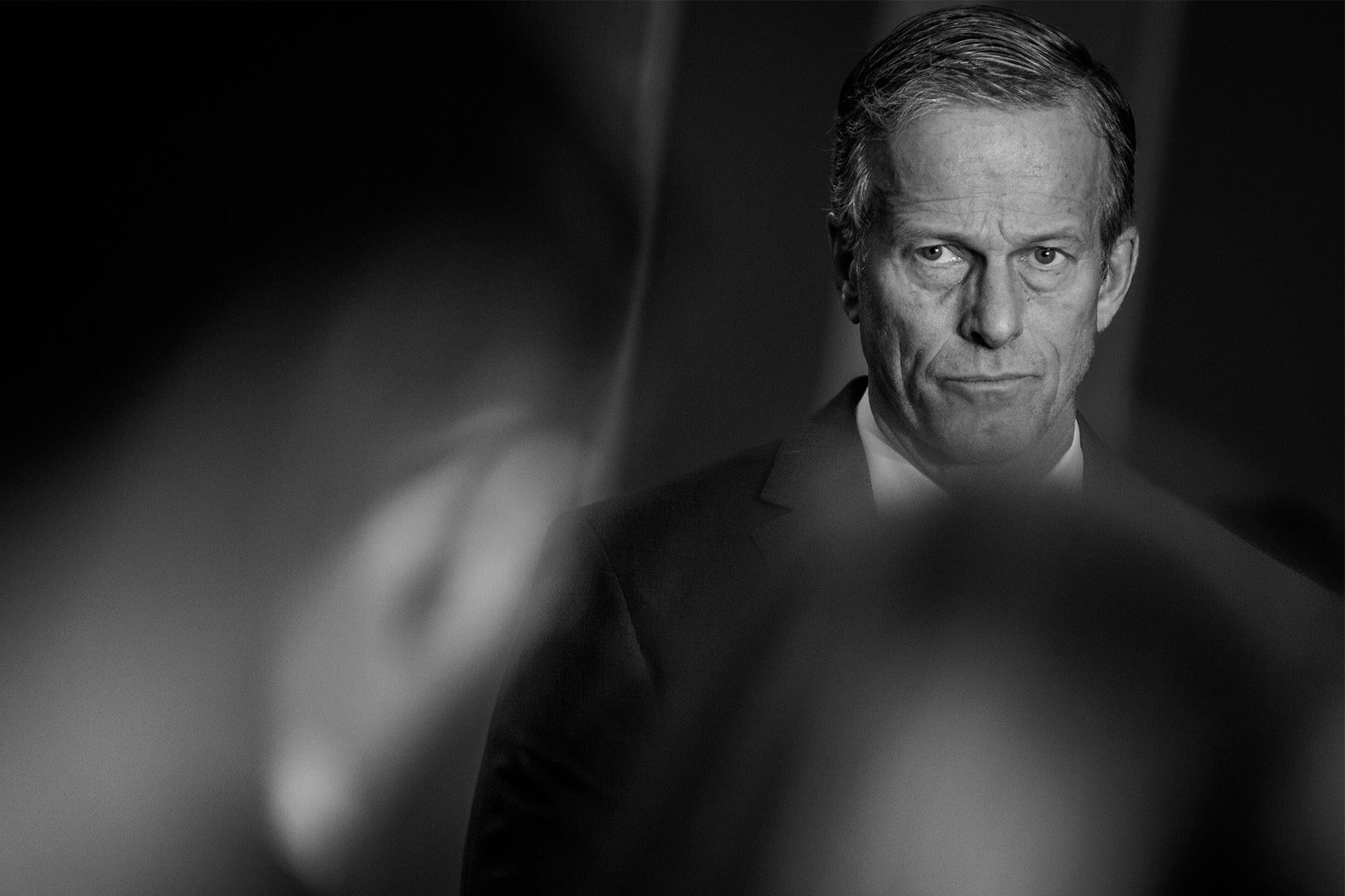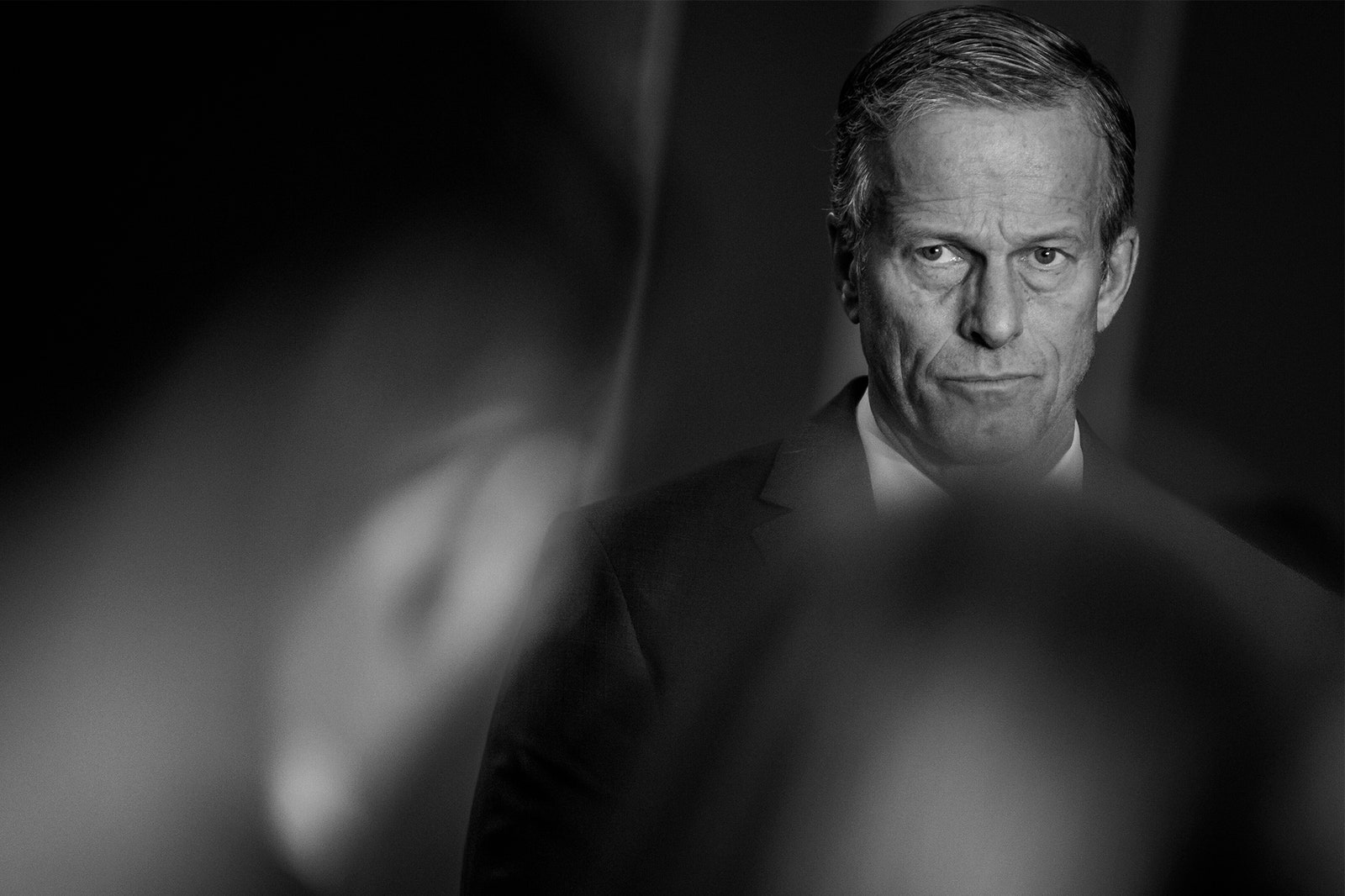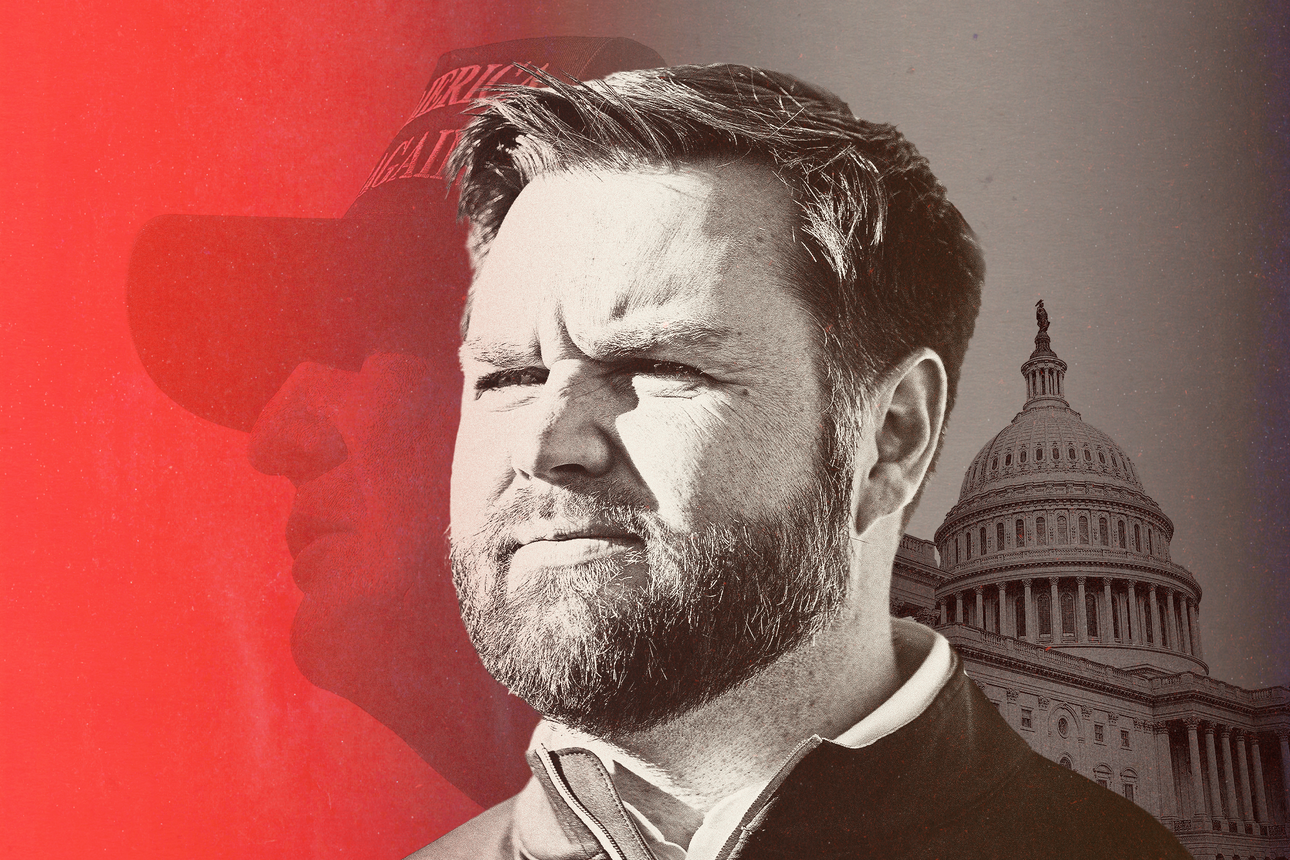These two profiles are dueling futures for the American right - #380

After leaving my job in politics, I found that I had a whole lot of freedom to rethink things. My old views seemed to matter a whole lot less. Upton Sinclair had it right, "It is difficult to get a man to understand something, when his salary depends on his not understanding it." When my salary became apolitical, my opinions stopped being sacrosanct.
One of the opinions I've left behind is my old low opinion of Mitch McConnell. The rightwing dislikes him for trying to get things done; the left dislikes him for the types of things he tries to do (or to stop). I found myself being a bit more in the middle: as the leader of a thin majority or strong minority in the US Senate, there's not a whole lot that one can do (or stop) and the way to lead is to think institutionally and longterm. It's like what Chuck Schumer does now, which has the familiar ring of simultaneously infuriating the left and frustrating the right. The institution itself, along with its members, puts a both a strong boundary on what a leader can accomplish and a strong incentive to not overplay one's hand.
There aren't many political pros of the old school style left in the Senate. Even McConnell and Schumer have tended to use their positions as a platform. (Back in my DC days, McConnell had a staffer cart around a printed version of the Obamacare legislation: it took up most of a handtruck and made an bulky stage prop.) The newer school of senators are even moreso this way: they seem far more interested in getting TV and social media hits and leading populist movements than in, say, legislating. Old Nathanael would've thought the dearth of savvy old pols a good thing; now, I'm not so sure. Wouldn't we be better off if the legislators did some of that, at least from time to time?
The two pieces linked below this week are excellent reading, each in their own way. My old friend Pablo Manríquez, from a nifty new perch at Vanity Fair, has an insightful look at the GOP's choice in leadership. Whether a low-key, respected, legislating senator gets the post, or whether one of the more blustery, populist types gets it, will say a lot about what the GOP wants to be. McConnell, despite his critics on the left and the right, tended to be that sort of senator. On the other hand, you could see this becoming an echo of the recent House Speakers races. Those haven't tended to reward people who want to see a functional congress, to say the least.
On the other hand, the new locus of power in the GOP and the Senate is exemplified by J.D. Vance's rightwing populism. His views, although certainly evolving, have a ring to them of the American right in 1930s: anti-immigrant, anti-war, and not altogether opposed to some frightening uses state power. Reading about Vance made me dust off pieces about Herbert Hoover and Robert Taft. I don't think that history repeats itself. And we shouldn't pin on Vance & co their forebears hesitations about fighting Nazi power. But we should think carefully about whether those views, which America rejected once, to our great advantage, are now worthy of support.
Reading
Mitch McConnell's Heir ApparentJohn Thune, a low-key South Dakotan and the Senate minority whip, is well-liked by both parties and could become the next Republican leader. Well, unless Donald Trump gets in the way. |
|
Is There Something More Radical than MAGA? J.D. Vance Is Dreaming It.In a candid series of conversations, Vance revealed an ominous philosophy behind his first year in office. |
|

